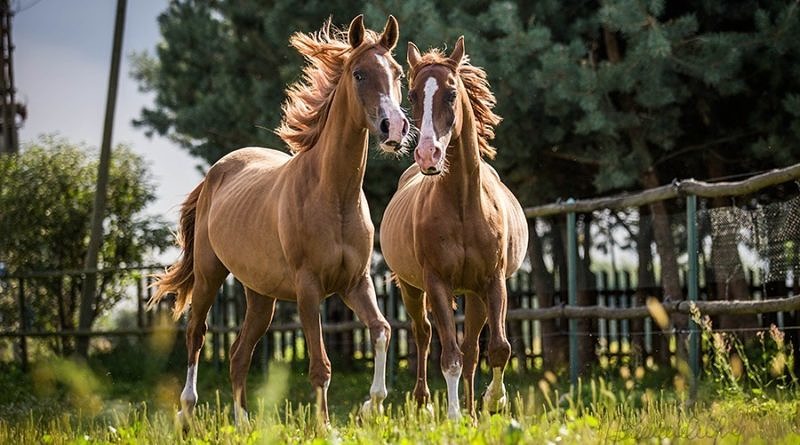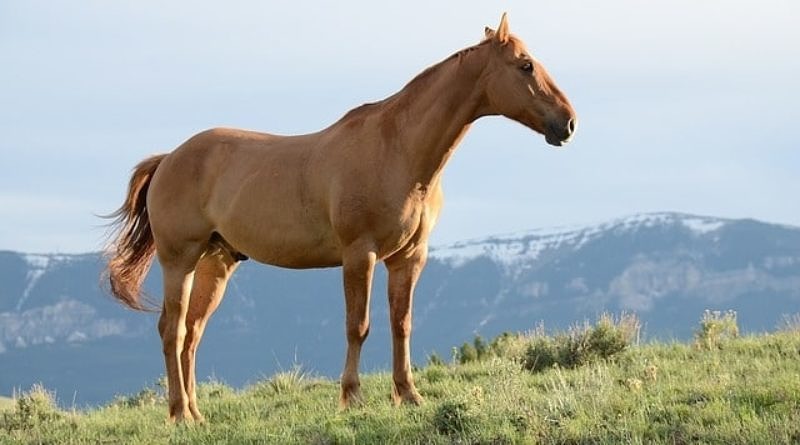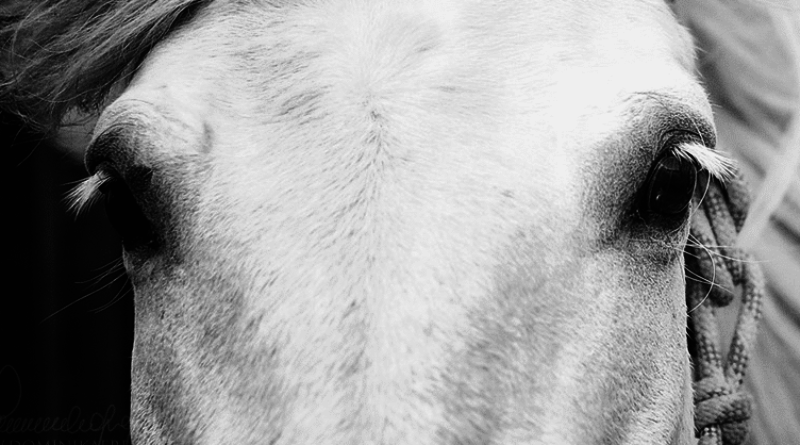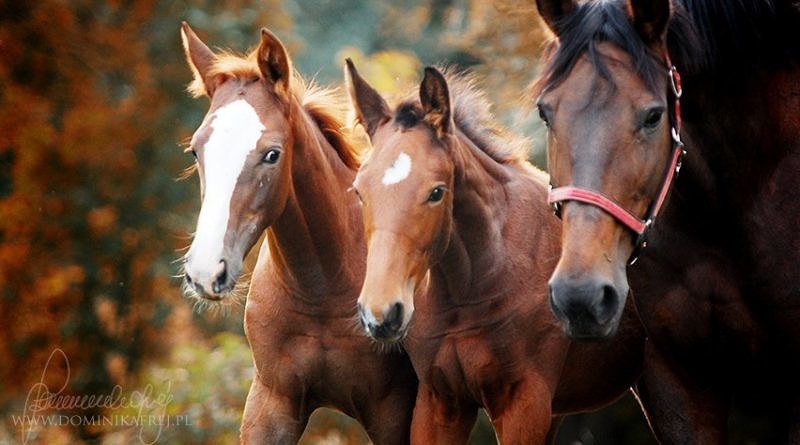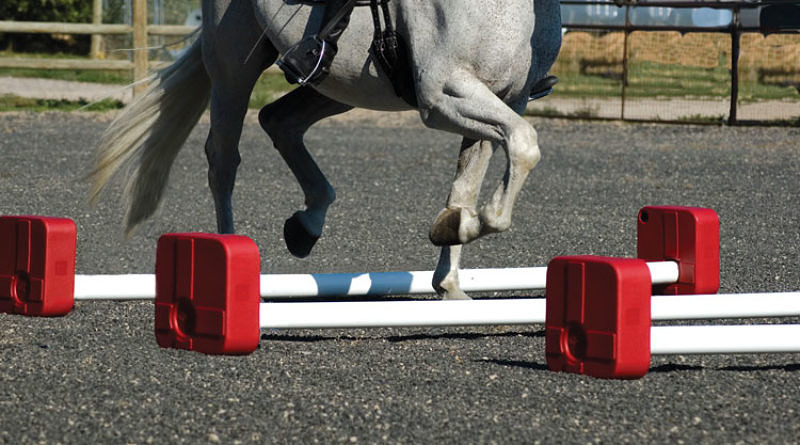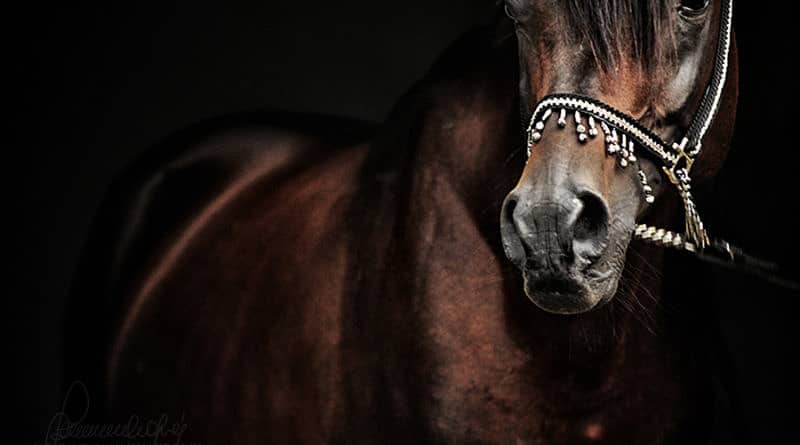The Myth of the Chestnut Mare
Do you know a grumpy chestnut mare? Find out if colour can influence horse personality and if chestnut mares deserve their reputation.
Folk wisdom has it that chestnut mares have more attitude and may be harder to handle than mares of other colours. It is hard to say where this idea comes from, though perhaps it is rooted in the impression that mares are generally more difficult to handle than geldings, combined with the concept of the fiery redhead.
But is there any reason to think colour plays a role in a horse’s temperament? To answer this we have to think about what causes a horse to be a particular colour – in other words, their genes!
Whether a horse is chestnut, black, or bay is determined by a simple difference in a single gene known as the extension locus. All this gene does is alter the production of red versus black pigment (see here for a more in-depth account). The gene does not play a role in temperament, just in determining an aspect of coat colour. Temperament is determined by a mix of factors, both genetic and environmental.
Moreover there are a variety of other colours we are familiar with and don’t associate with quirky tempers that are in fact just a modified form of chestnut. Red dun, red roan, cremello and palomino are all chestnut with either diluted coats or white hairs interspersed with the red. Similarly, many greys are born chestnut and plenty of tobiano or otherwise ‘coloured’ horses are white on chestnut.
Genetically, all these colours are identical to chestnut at the extension locus – and that is the only thing that makes solid chestnut different to black or bay in the first place! It is therefore not at all plausible that chestnut horses – mares or otherwise – have different temperaments to horses of other colours.
So why is this belief so widespread? It may partially be a self-fulfilling prophecy – people may treat chestnut mares differently because they assume that they will be difficult, and as a result they inadvertently shape their behaviour to fit the expectation. As in many cases, a horse’s behaviour may tell you more about the people the horse has interacted with throughout their life than the horse’s basic personality or temperament.
So next time you hear someone mentioning how the colour of their horse affects her temperament, recall the old adage, a good horse has no colour.

